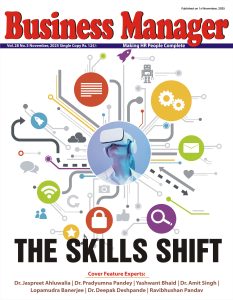When employees feel respected, they are more likely to respect their leaders and colleagues. This mutual respect fuels a positive work environment, creating a thriving and adaptable company ready to conquer any challenge.
ARTICLES
HR's impact on workplace culture is significant and multifaceted. Through strategic interventions and a steadfast commitment to creating a positive work environment, HR shapes the very essence of organisational culture.
Key elements of a preferred workplace type of culture include trust, transparency, flexibility, opportunities for growth, work-life balance, and a supportive community.
Organisations require a strong work culture. It describes an organisation's culture as strong, unified, and in line with its vision, mission, core beliefs, and objectives. While notions like "positive" or "people-first" cultures and "strong" work cultures have certain similarities, they also differ...
A positive work culture is the cornerstone of a prosperous organisation, embodying a sense of achievement, optimal performance, and shared growth.
Driving a culture shift requires proactive leadership, effective communication, and a deep commitment to organisational values. While challenges may arise along the way, HR leaders can overcome them by engaging employees, providing resources and support, and fostering a culture of continuous...
Leadership support empowers HR to lead the charge in shaping a workplace culture where employees thrive and contribute their best efforts toward achieving common goals.
HR needs to understand location/geo situations and cascade that basis need of the situation.
When it comes to an employee experience that boosts retention, it's important to analyze employee engagement metrics for strengths and weaknesses.
In conversation with Business Manager, Rajesh Kumar Soni, CEO of Baxy Ltd. responsible for efficient manufacturing operations, talks on variety of issues like HR challenges of the sector, leadership journey, distinct HR practices, and expectations from HR. Excerpts:














